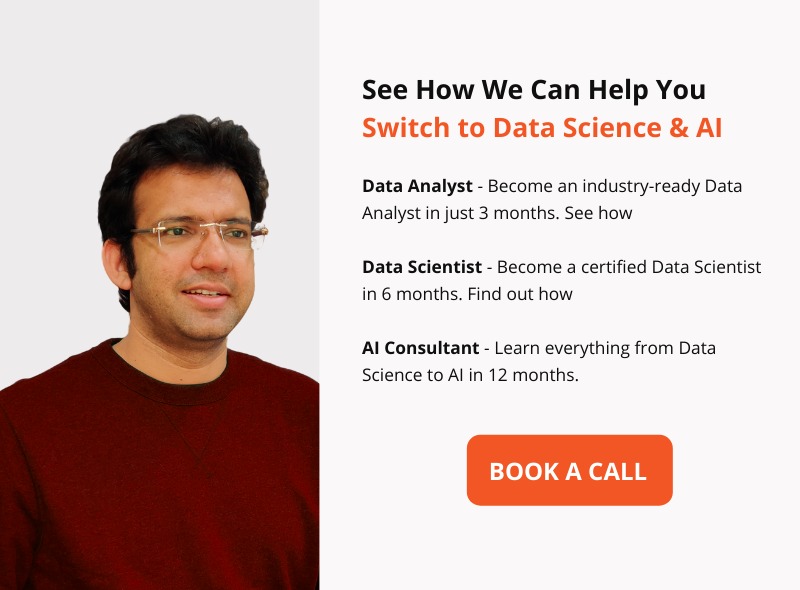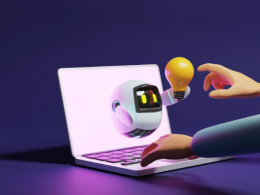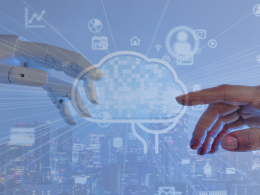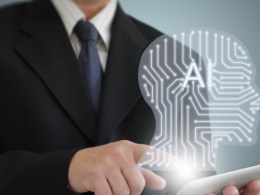Will AI Take over Mankind within a Few Years?
Artificial Intelligence (AI) has garnered significant attention in recent years, particularly in the context of the COVID-19 pandemic. Within the tech industry, there’s a palpable excitement surrounding AI advancements, with the internet playing a pivotal role in facilitating the development of AI-driven services.
Despite its widespread mention, many individuals lack a comprehensive understanding of AI and its capabilities.
Interactions with AI, such as conversing with Siri, browsing Netflix for entertainment recommendations, or querying about the weather, are commonplace examples of its integration into daily life.
Originally coined by John McCarthy in 1955, artificial intelligence refers to machines capable of solving problems traditionally tackled by humans using innate intelligence.
AI technology facilitates the creation of agents or robots programmed to mimic human behavior and make decisions on behalf of humans. This transformative technology holds promise across various sectors, revolutionizing how tasks are accomplished and decisions are made.
Insightful Facts about AI
Buckle up and get ready to explore the AI-mazing facts that will leave you in awe!
1. AI Pets Exist
AI-driven pets, set to hit the market by 2025, promise to alleviate the responsibilities of pet ownership while providing companionship.
2. Most AI Bots are Female
Studies indicate a preference for female voices in AI bots, reflecting a societal inclination towards politeness and pleasantness.
3. AI Recognises Emotions
Kismet, a robot from the late 1990s, demonstrated the ability to recognize human emotions through body language and voice tone.
4. AI can Repair Itself
Robots like the one with self-repair capabilities showcase AI’s potential for autonomous problem-solving and adaptation.
5. AI can Replace Human Workforce
With automation threatening various job sectors, AI poses challenges for the workforce’s future, as seen in the decline of customer service roles.
6. AI will Become Smarter than Humans
AI’s rapid learning capabilities forecast a trajectory towards human-level intelligence, potentially surpassing it by 2029.
7. Humans can Develop Romantic Relationships with AI
Speculations abound regarding the future of human-robot relationships, with predictions of legal marriages between humans and robots by 2050.
8. AI has Nationalities and Passports
Sophia, a humanoid AI, sparked debates on robot rights after obtaining citizenship in Saudi Arabia, blurring the lines between machine and human status.
9. AI can Write
The ability of AI to generate content, such as articles based on data analysis, underscores its versatility in various domains.
10. Artificial Intelligence will Recognise People by Voice
By the end of 2018, it was anticipated that robotic assistants would possess the capability for voice recognition, marking a significant milestone in artificial intelligence (AI) development.
The primary objective behind AI technology is to provide humans and businesses with machines capable of quicker and more efficient decision-making processes.
However, as technology continues to advance, questions arise regarding its potential to dominate the world. Will AI propel humanity towards its zenith, or could it lead to its downfall?
In January 2018, Google CEO Sundar Pichai boldly stated that AI would have a more transformative impact on humanity than electricity. This assertion underscores the profound implications AI holds for society’s future.
Meanwhile, a McKinsey report from the same year revealed a staggering statistic: the global demand for data scientists was projected to exceed supply by over 50%. This scarcity highlights the growing importance of AI expertise in today’s workforce.
On a more optimistic note, PricewaterhouseCoopers (PWC) predicted a substantial boost to the global GDP by 2030, estimating a 14% increase attributed to AI-powered activities. This potential economic growth, equivalent to $15.7 trillion, showcases the immense value AI brings to various industries.
In essence, while AI’s advancements pose existential questions, they also promise unprecedented opportunities for progress and prosperity. It is imperative that we navigate this technological frontier with careful consideration, ensuring that AI serves as a tool for human advancement rather than a force of detriment.
 Pin
PinStay curious, keep exploring, and get ready for the AI-driven world ahead!
Join ACCREDIAN’s Data Science certifications and start your journey today! With our extensive collection of data resources, pursue a fulfilling career in data science.
Let’s make your data-driven dreams a reality!
Contact us for any questions or comments.






